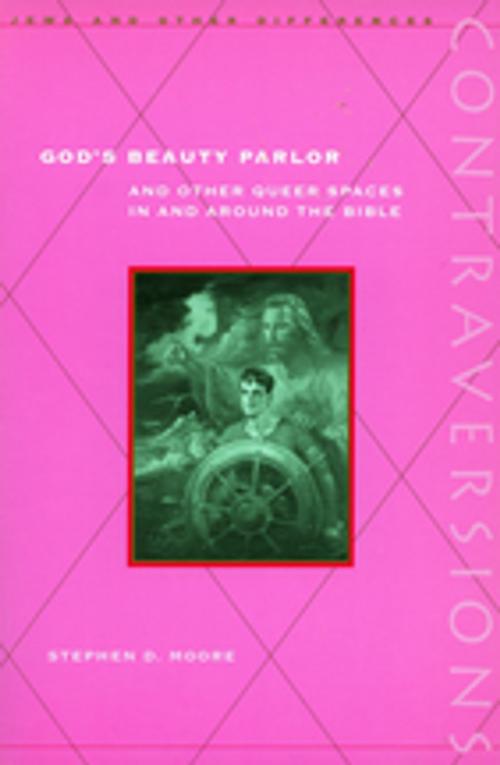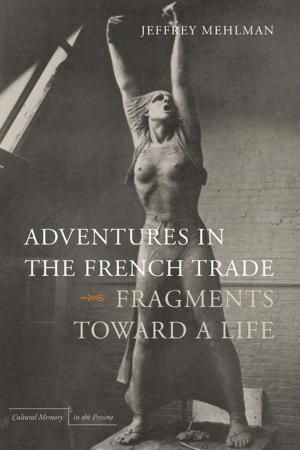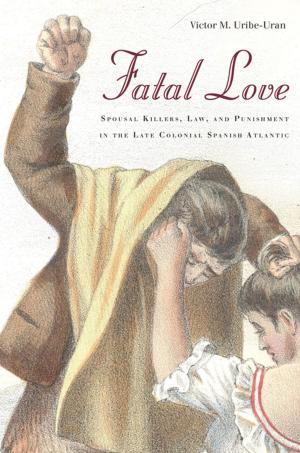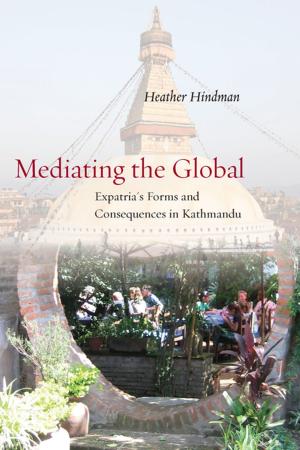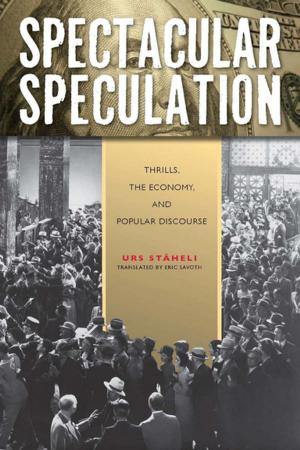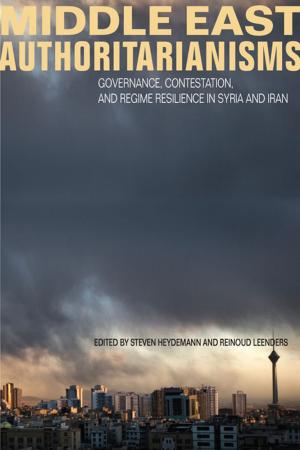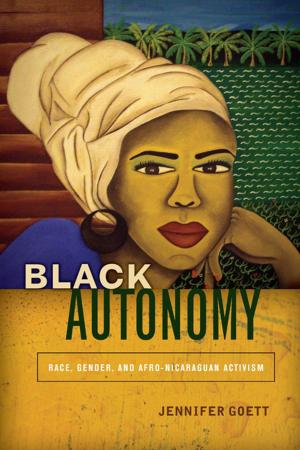Inventing the Israelite
Jewish Fiction in Nineteenth-Century France
Fiction & Literature, Literary Theory & Criticism, Jewish| Author: | Maurice Samuels | ISBN: | 9780804773423 |
| Publisher: | Stanford University Press | Publication: | December 7, 2009 |
| Imprint: | Stanford University Press | Language: | English |
| Author: | Maurice Samuels |
| ISBN: | 9780804773423 |
| Publisher: | Stanford University Press |
| Publication: | December 7, 2009 |
| Imprint: | Stanford University Press |
| Language: | English |
In this book, Maurice Samuels brings to light little known works of literature produced from 1830 to 1870 by the first generation of Jews born as French citizens. These writers, Samuels asserts, used fiction as a laboratory to experiment with new forms of Jewish identity relevant to the modern world. In their stories and novels, they responded to the stereotypical depictions of Jews in French culture while creatively adapting the forms and genres of the French literary tradition. They also offered innovative solutions to the central dilemmas of Jewish modernity in the French context—including how to reconcile their identities as Jews with the universalizing demands of the French revolutionary tradition. While their solutions ranged from complete assimilation to a modern brand of orthodoxy, these writers collectively illustrate the creativity of a community in the face of unprecedented upheaval.
In this book, Maurice Samuels brings to light little known works of literature produced from 1830 to 1870 by the first generation of Jews born as French citizens. These writers, Samuels asserts, used fiction as a laboratory to experiment with new forms of Jewish identity relevant to the modern world. In their stories and novels, they responded to the stereotypical depictions of Jews in French culture while creatively adapting the forms and genres of the French literary tradition. They also offered innovative solutions to the central dilemmas of Jewish modernity in the French context—including how to reconcile their identities as Jews with the universalizing demands of the French revolutionary tradition. While their solutions ranged from complete assimilation to a modern brand of orthodoxy, these writers collectively illustrate the creativity of a community in the face of unprecedented upheaval.
